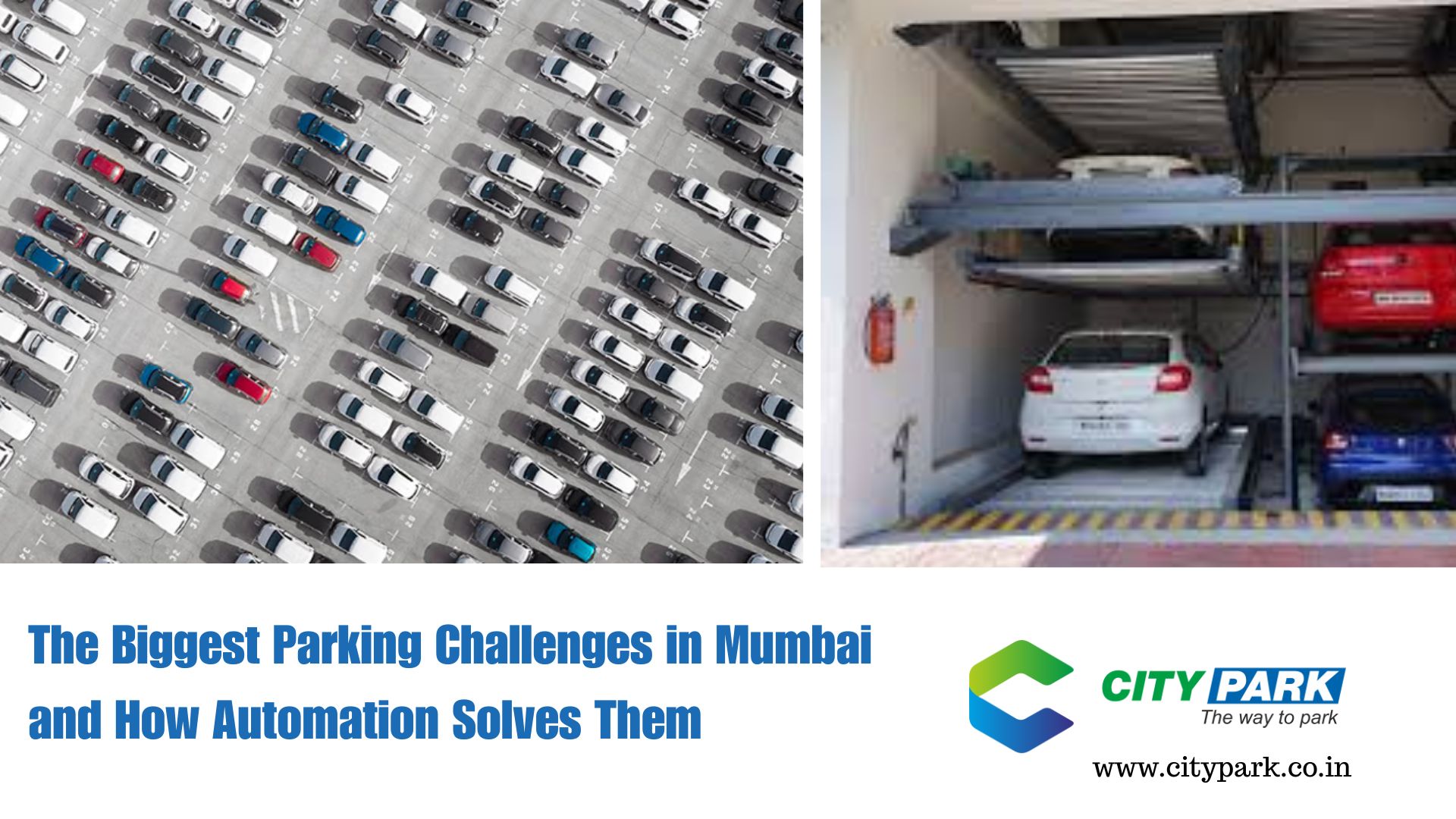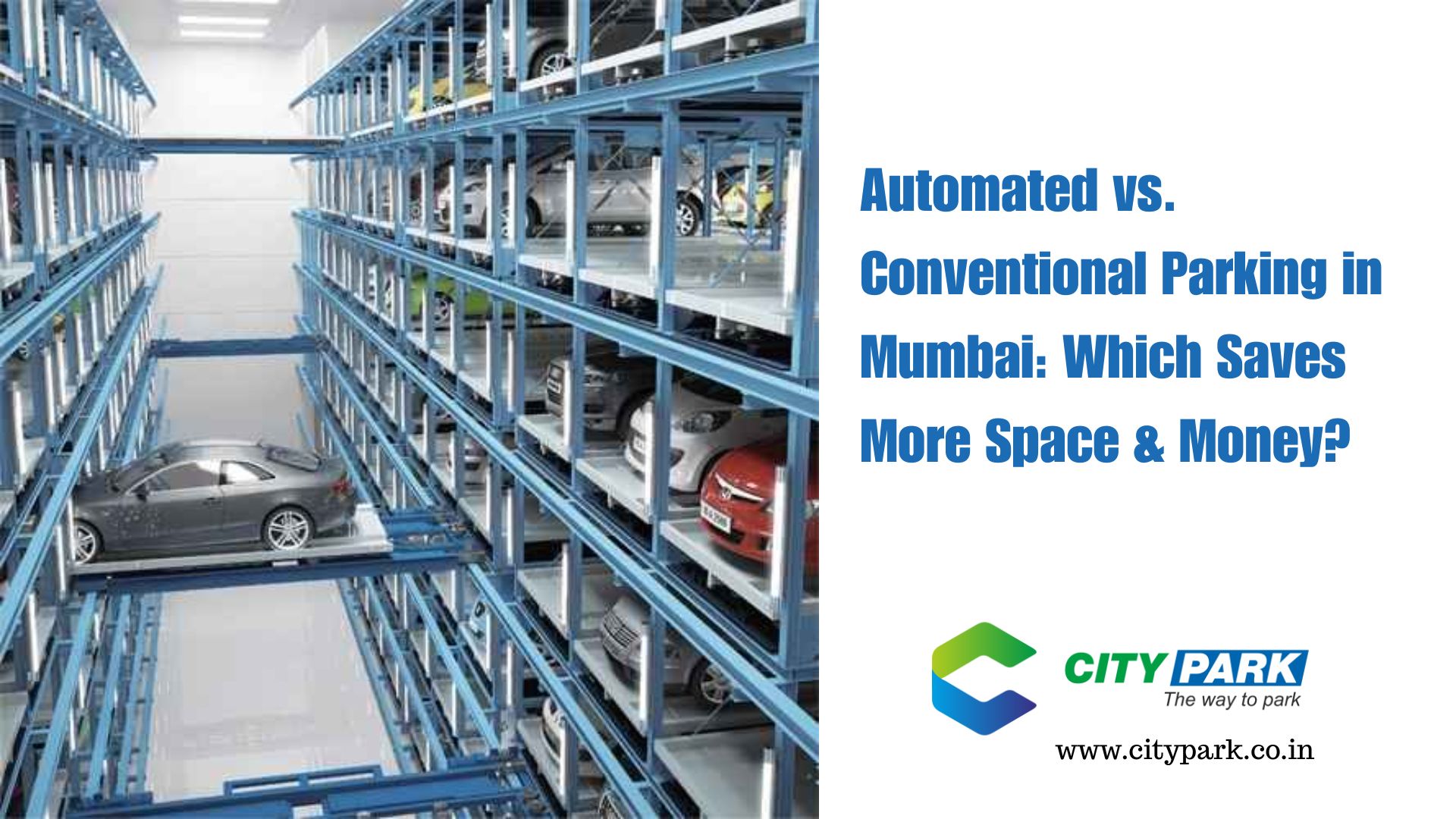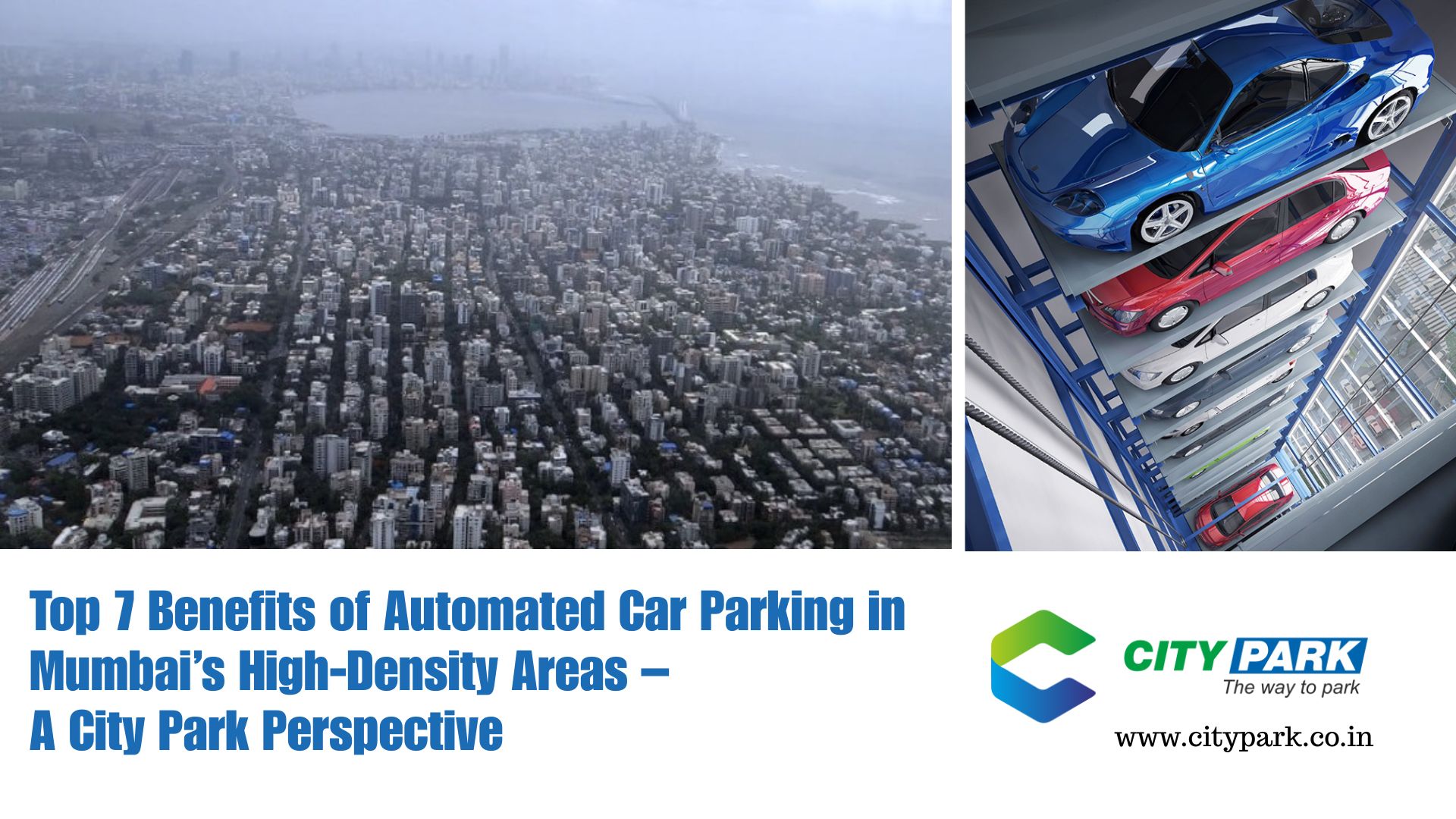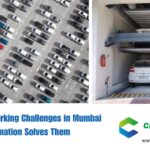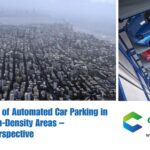How Automated Car Parking Systems Are Solving India’s Urban Congestion Crisis
Introduction: The Chaos of Urban Parking in Indian Metros
India’s rapid urbanization has been a double-edged sword. While it has fueled economic growth and development, it has also led to an unprecedented surge in vehicle ownership. Cities like Mumbai, Delhi, and Bangalore are bursting at the seams with traffic, and finding a parking spot has become an everyday struggle. Streets are often cluttered with haphazardly parked vehicles, leading to congestion, pollution, and frustration. In such a landscape, the need for innovative parking solutions is not just urgent—it’s inevitable.
Enter the Automated Car Parking System (ACPS), a technology-driven solution that is redefining urban infrastructure by streamlining parking operations, maximizing space utilization, and enhancing commuter convenience.
The Concept of Automated Car Parking System
Automated Car Parking Systems are mechanical systems designed to minimize the area and/or volume required for parking cars. They function much like a multi-level storage rack. The driver simply parks the car on a platform, and the system automatically moves the vehicle to an available parking slot using lifts, conveyors, shuttles, or turntables.
Unlike traditional parking, ACPS eliminates the need for ramps, driveways, and large parking attendants, significantly reducing land usage while increasing the number of cars that can be parked in a given area.
These systems come in various types—tower parking, puzzle parking, rotary parking, and stack parking—each catering to specific urban layouts and capacities.
Role of Automated Car Parking Systems in Urban Mobility
With urban land becoming more expensive and limited, ACPS plays a pivotal role in maximizing space in residential complexes, commercial hubs, malls, airports, and metro stations. They enhance efficiency by reducing the time spent by drivers in searching for parking.
For city planners and developers, automated parking means:
- Better space management
- Integration with smart city infrastructure
- Reduced pollution from idling vehicles
- Less traffic congestion around parking lots
Real-Time Data, Sensors & Mobile Integration
The strength of modern ACPS lies not just in its mechanical precision but also in its smart technology. Today’s systems are integrated with sensors, IoT, and mobile apps that provide:
- Real-time updates on space availability
- Slot booking via mobile apps
- Contactless entry and exit
- Analytics on usage patterns
Such tech integration ensures that users get a seamless experience, while operators can manage maintenance and operations more efficiently. It also aids in predictive maintenance, minimizing downtime.
Case Studies: Mumbai, Bangalore, Delhi
Several Indian cities have already started embracing automated parking systems.
- Mumbai: The BMC has implemented puzzle and tower parking systems in congested areas like Bandra and Andheri. These have significantly reduced street congestion.
- Delhi: Connaught Place now features rotary parking solutions that accommodate hundreds of vehicles in minimal space.
- Bangalore: With its IT boom, tech parks and malls in Whitefield and Koramangala have adopted semi-automated and puzzle parking systems for efficient space use.
These successful implementations are gradually influencing developers across Tier I and Tier II cities.
Benefits: Time-Saving, Reduced Emissions, Better Land Use
Automated Car Parking Systems offer a multitude of benefits that make them ideal for India’s urban challenges:
- Time Efficiency: No more circling around in search of a spot. Cars are parked and retrieved within minutes.
- Space Optimization: Use of vertical and compact designs means more vehicles in less space.
- Environmentally Friendly: Reduced idle time means lower emissions. Automated systems also eliminate the need for large driveways and landscaping that contribute to carbon footprints.
- Safety and Security: Controlled access means reduced risk of theft or vandalism.
- User Convenience: With mobile app integration, parking becomes a seamless part of a smart city lifestyle.
Challenges: Cost, Infrastructure, Regulation
Despite the advantages, ACPS adoption in India faces some hurdles:
- Initial Investment: High installation costs deter smaller developers.
- Maintenance: Regular upkeep and skilled manpower are essential.
- Infrastructure Gaps: Inconsistent urban planning can make integration difficult.
- Lack of Awareness: Many stakeholders are unaware of the long-term ROI benefits.
That said, as the technology becomes more mainstream and economies of scale kick in, costs are expected to decline.
Conclusion: Smart Parking Is the Future of Urban Mobility
The future of Indian cities depends on how well we manage our mobility challenges. Automated Car Parking Systems, with their promise of efficiency, space optimization, and technological innovation, are a smart answer to an age-old problem.
Developers, civic authorities, and urban planners must collaborate to integrate these systems into city infrastructure proactively. It’s not just about parking cars—it’s about reshaping the way cities function.
At City Park, we are proud to be at the forefront of this transformation. Since 2007, we have partnered with eminent builders and global vendors to install high-quality automated parking solutions across India. Our 24x7x365 AMC support, along with trained engineers, ensures your system stays functional, safe, and efficient.
Ready to future-proof your property with world-class parking?
Let’s talk! Visit www.citypark.co.in or connect with us directly.
#SmartParking #AutomatedParking #CityPark #UrbanMobility #ParkingSolutions #GreenCities #InfrastructureIndia #IoT #SustainableMobility

